Swiss and US democracy: twins separated at birth?
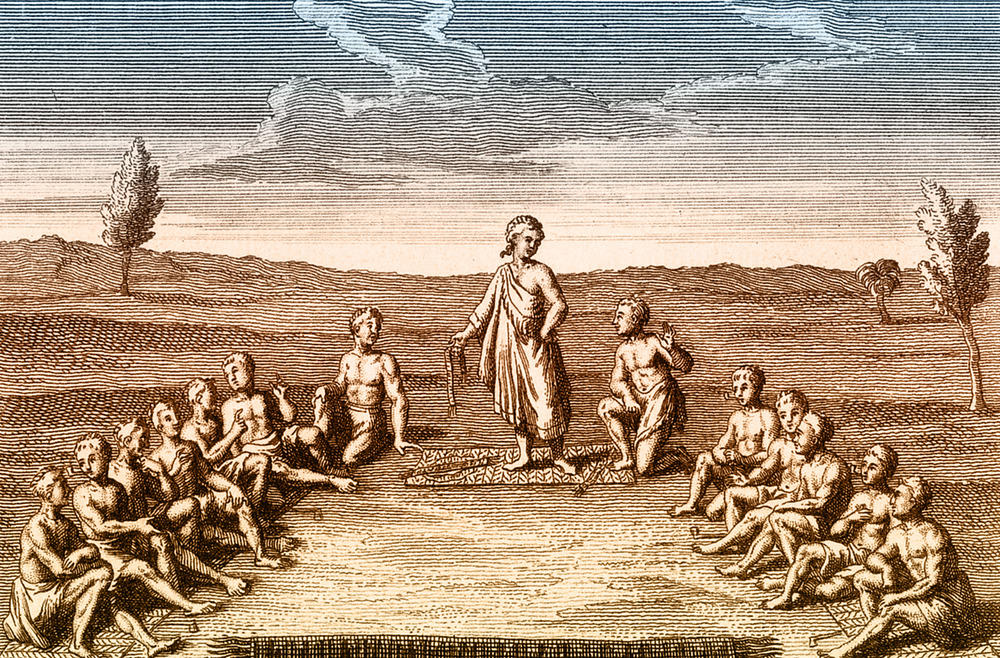
No other countries in the world have such strong direct democratic people’s rights as the United States and Switzerland. But unlike the Swiss, Americans don’t have a say at the national level.
“A constitutional convention for New York.” “Obamacare for everyone in Maine.” “Cheap prescription drugs for the citizens of Ohio.” Those are just three of the 27 issues that voters will be deciding in nine US states on November 7, 2017.
There’s a reason: constitutional changes in all states must be approved by voters at the ballot box. The only exception is Delaware. In addition, half of the country’s 50 states are familiar with the particularities of the people’s initiative and the referendum (also known as the people’s veto).
This article is part of #DearDemocracy, a platform on direct democracy issues from swissinfo.ch.
Direct democratic people’s rights are also anchored at the local level in the United States.
“Citizen participation is a central element of our democracy,” says Dane Waters, head of the University of Southern California’s Initiative and Referendum InstituteExternal link. “Important vote topics at the moment include health care, the liberalisation of marijuana and animal protection.”
Separated twins
Indeed, modern direct democracy – characterised by votes on initiatives and referendums – shapes everyday political life in the US as in almost no other country in the world – except Switzerland.
It’s no coincidence that the two federalist states have strongly influenced one another in the past.
“We’re like twins that were separated at birth, grew up in different families, but maintained close contact,” says the Swiss political scientist Andreas Gross.

More
Politicians should not be afraid of people’s power
I meet him at the Wilson CenterExternal link on Washington’s Pennsylvania Avenue, just a stone’s throw from the White House. The centre was named in honour of Woodrow Wilson, who served as President of the United States from 1913 to 1921.
Gross is in Washington to write a book. The democracy expert’s topic of interest – supported by a grant from the Europa Institute at the University of Zurich – is the mutual inspiration and transfer of ideas between the US and Switzerland.
“We can both learn a great deal from one another,” says the former member of the Swiss House of Representatives. “Here in the library of [President Wilson], who was a supporter of the direct democratic rights of the people, I have access to all of the writings and books that exist on my topic.”
Iraquois as a source of ideas
In a historical sense, Switzerland copied the concept of federalism from the United States, while the US took the idea of direct democracy from Switzerland. “But in fact, neither the Americans nor the Swiss were the inventors of these concepts, which are important elements of our political systems today,” Gross points out.
Today, it is considered a fact that Benjamin Franklin – one of the founding fathers of the US – took his inspiration for the writing of the first American federalist constitution from the Iroquois Native American tribe.
France’s export democracy
The transfer of ideas followed a different path when it came to direct democracy and people’s rights. Credit for the development of those concepts goes to the French Marquis de Condorcet, a “Renaissance man”. At the French Constitutional Convention in 1792, Condorcet explained that “active and personally engaged citizens are a prerequisite”.
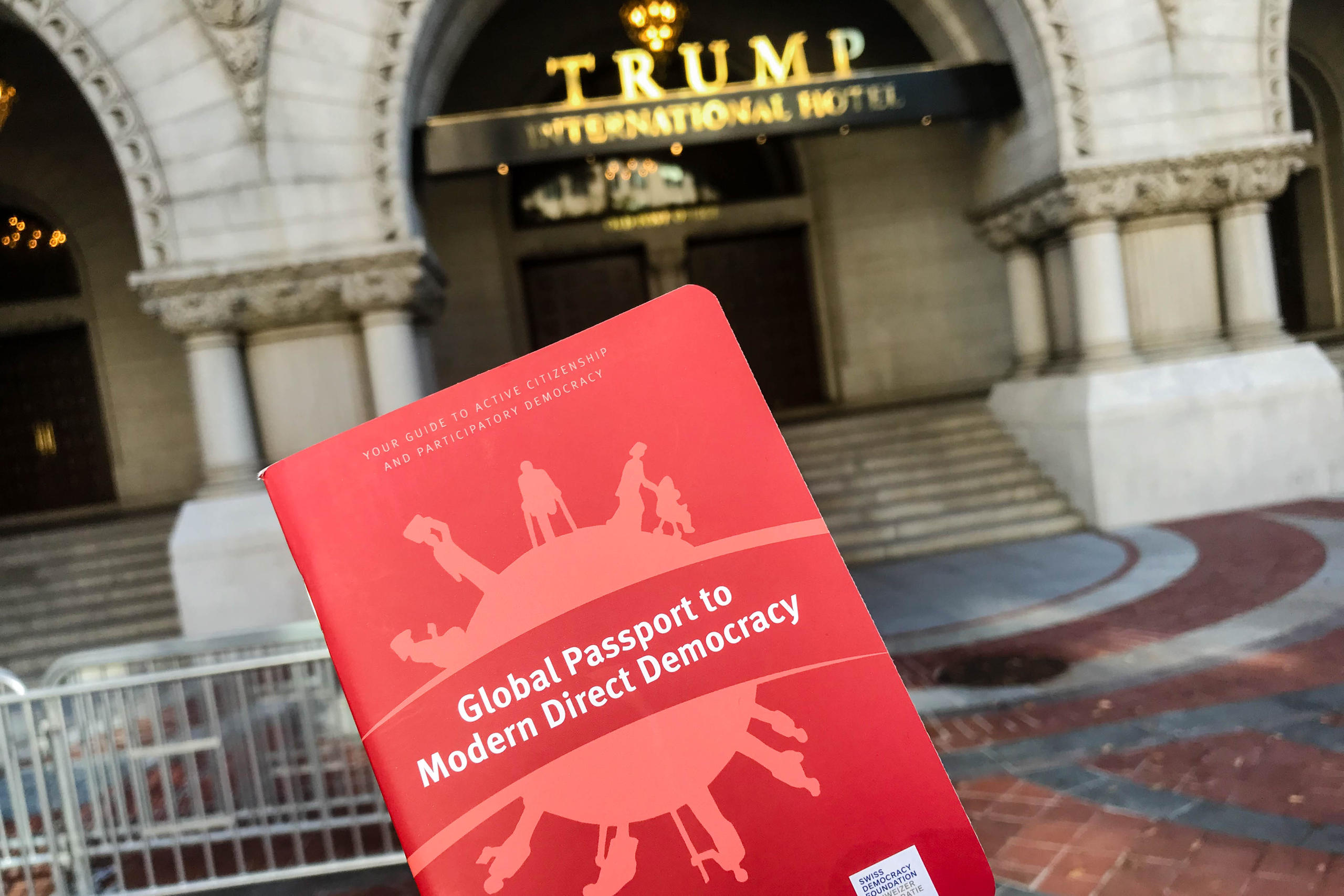
More
America’s democracy learns to live with Trump
As a result, he proposed the right to a people’s initiative. Neither France nor Condorcet survived the subsequent turmoil, however, and so today the French constitution is devoid of the strongest of all people’s rights.
In neighbouring Switzerland, however, Condorcet’s ideas found fertile ground. Both the people’s initiative and the referendum were adopted in almost all Swiss cantons before finding their way into the Federal Constitution in 1891.
Democratic field trip to Switzerland
This peaceful revolutionary development caught the attention of American journalists at the end of the 19th century. They set out on a field trip to learn about democracy in Switzerland.
The reporter J. W. Sullivan so thrillingly described the “Swiss model” in his newspaper articles and books that the topic of direct democracy soon left its mark on the debate over political reforms in the US. “We want ‘government by discussion’,” wrote the conservative politician Nathan Cree in 1892, and called for the institution of direct democratic people’s rights at the national level in the US.
US–Swiss exchange in Washington
The more than 320 million Americans are still waiting for these rights today.
“The possibility of having a voice at the national level would make a protest election like that of Donald Trump unnecessary,” says Waters with certainty.
Together with Gross, Waters took part in a public debate at the Swiss embassy in Washington in mid-October 2017 on the question “Direct and Participatory Democracy: Can it Really Change America?”
The Swiss ambassador to the US, Martin Dahinden, stated that “Swiss direct democracy is not an export productExternal link”, but that it could certainly serve as “inspiration”.
Numerous representatives of government, parliament and civil society who took part in this American–Swiss democracy exchange highlighted the significantly more generous time limits for people’s initiatives in Switzerland. The period of time from an initiative’s launch to a vote can be as long as four to eight years.
In the US, on the other hand, it often takes less than a year until voters decide an issue at the polls. “That inhibits the interaction between government, parliament and the people,” says Julia Fromholz, a US human rights expert.
Transparent financing
Conversely, one of the strengths of the American system is its transparency with regard to campaign contributions. “We have to openly declare all of our donors,” says Wayne Pacelle. The president of the national animal protection organisation Humane Society launched more than 50 popular votes – and won most of them.
The successful animal protection advocate stated clearly in Washington that he supports the institution of direct democratic people’s rights. “I think our country is ready for a step like this,” he said.
But the road is a long one. In comparison to Switzerland, the US must obtain a two-thirds majority in the Senate as well as the House in order to change its Constitution. And as a second hurdle, 38 of the 50 states are required to ratify the changes.
Translated from German by Jeannie Wurz

In compliance with the JTI standards
More: SWI swissinfo.ch certified by the Journalism Trust Initiative









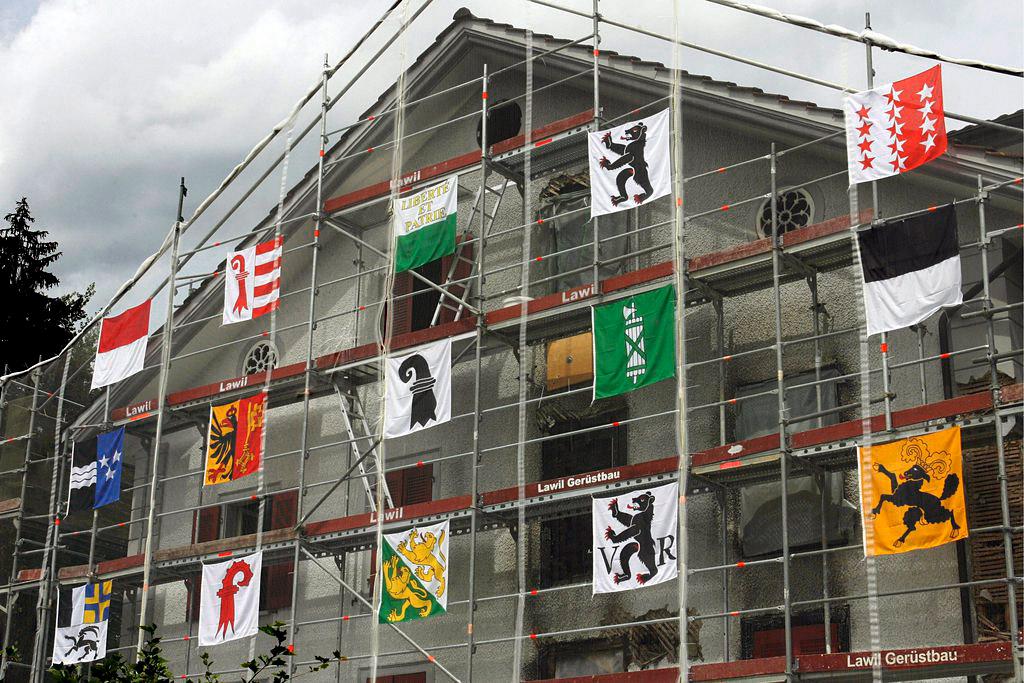
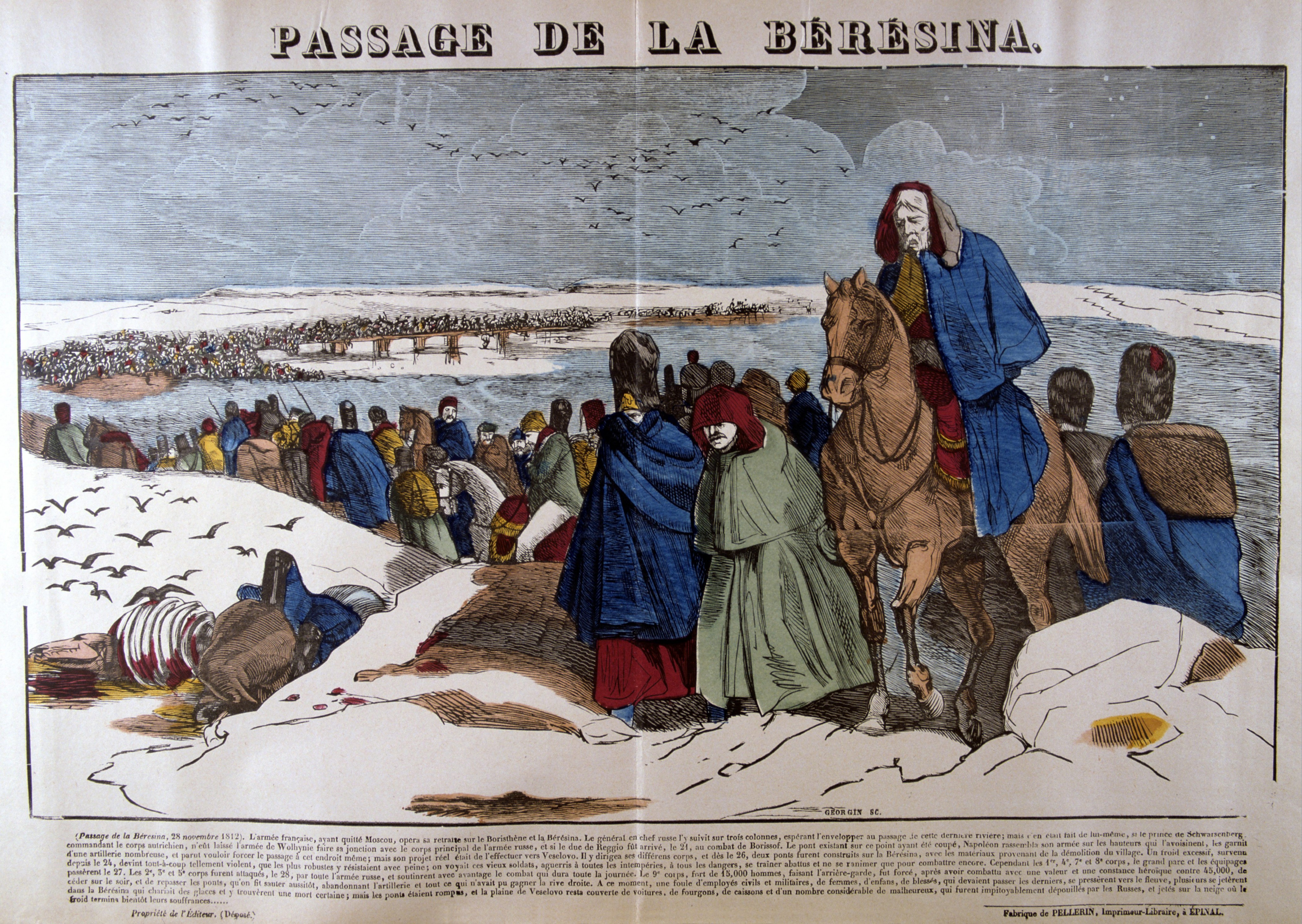
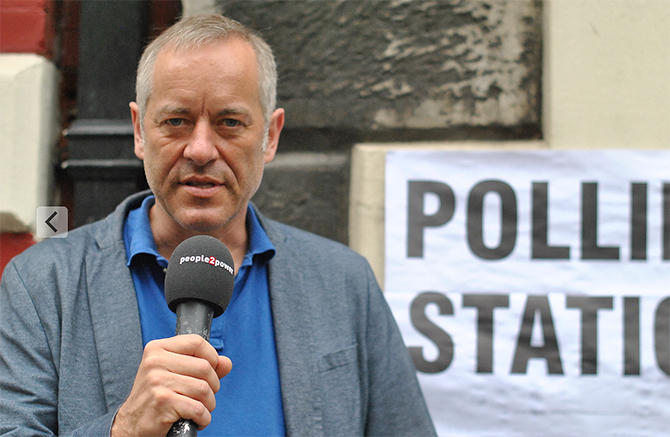

You can find an overview of ongoing debates with our journalists here . Please join us!
If you want to start a conversation about a topic raised in this article or want to report factual errors, email us at english@swissinfo.ch.